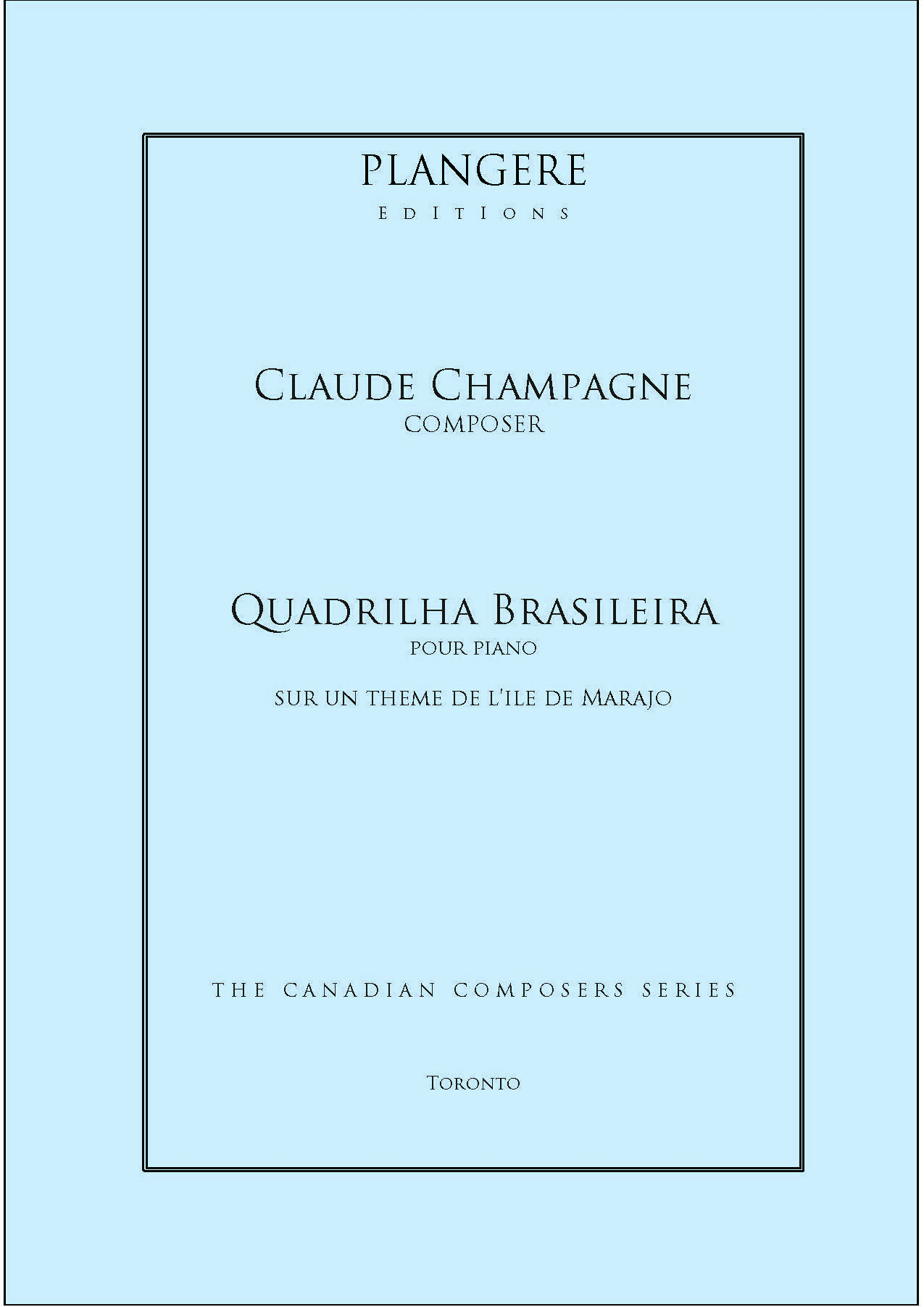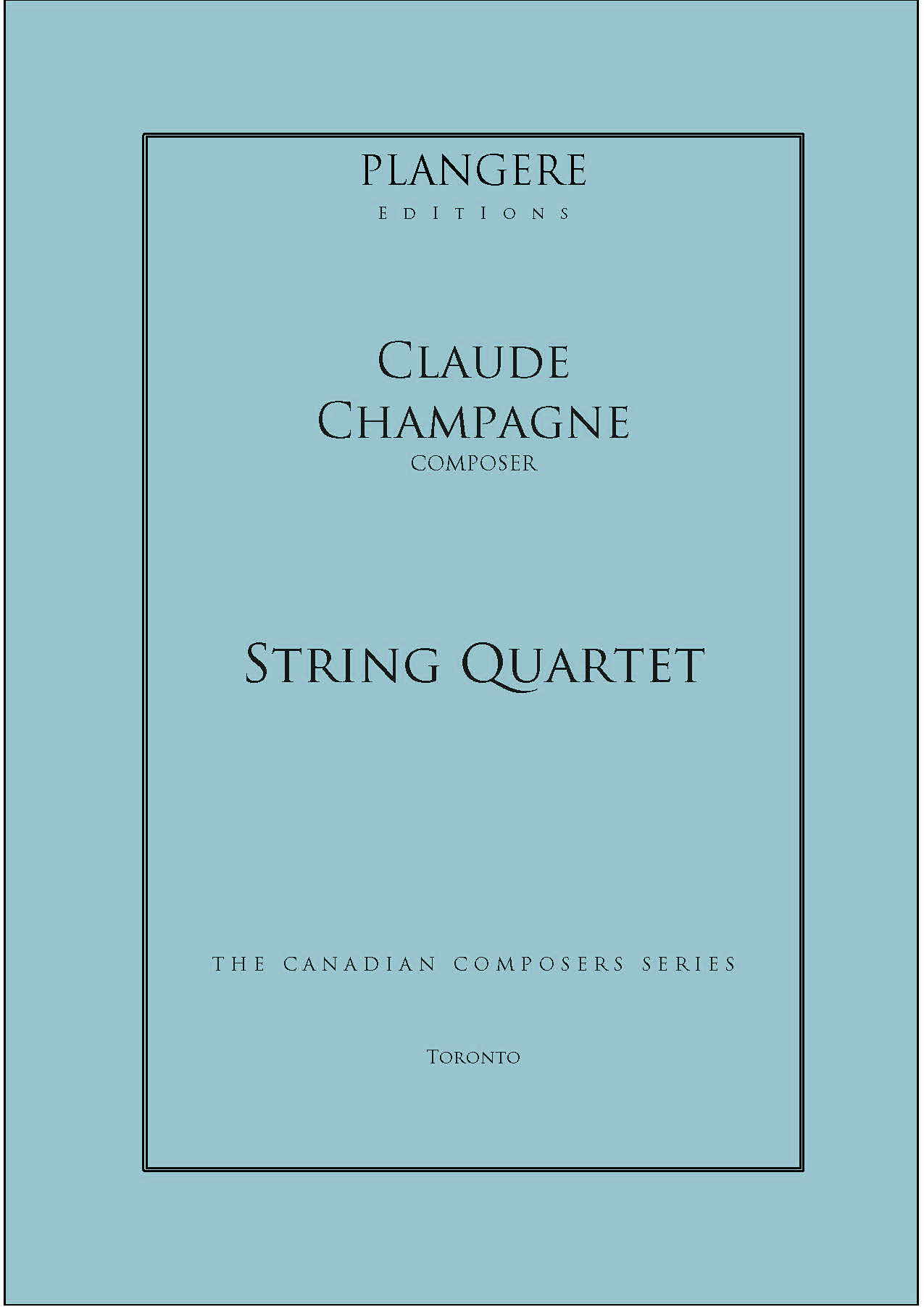Claude Champagne
CLAUDE CHAMPAGNE, a composer and teacher, was born in 1891 in Montréal. He studied piano and theory, beginning at age 10, and at 14 took up his favorite instrument, the violin, with Albert Chamberland. He obtained his diplomas from private institutions (1906, 1909) and from 1910 to 1921 was involved in a variety of activities: he taught piano, violin and other instruments, gave private lessons in theory and harmony, and extended his knowledge of instruments.
In 1918 Champagne composed his first major work, the symphonic poem Hercule et Omphale. With the assistance of Alfred Laliberté, who recognized his talent for composition, he was able to live in Paris from 1921 to 1928 and to pursue a variety of activities. On his return to Montréal in 1928, he divided his time between teaching, administration and composition.
From 1934 to 1942, he worked for the Catholic School Commission of Montréal as director of music education, training primary school teachers and writing five solfège teaching manuals. Later, he became assistant director of the new Conservatoire de Musique du Québec, after being one of its chief proponents. As editor-in-chief of the Canadian publications department of BMI Canada Ltd. (1949-65) and as an adjudicator or juror for many competitions, Champagne was an influential and respected musician and a great servant of music. He witnessed the inauguration of the Claude Champagne auditorium at the École Vincent-d’Indy in 1964, shortly before his death in 1965.
Clermont Pépin wrote that Champagne was “a leading figure in Canadian music history (who) has left some memorable works; I think, in particular, of his Suite canadienne and his Quatuor. What we owe to Champagne is that he trained a group of composers who followed in his steps and are now active in a host of areas as composers, teachers, educators, musicologists and historians… He established the basis of a modern teaching approach for the training of young musicians in Québec.”
PROCAN
Showing all 2 results
Showing all 2 results


